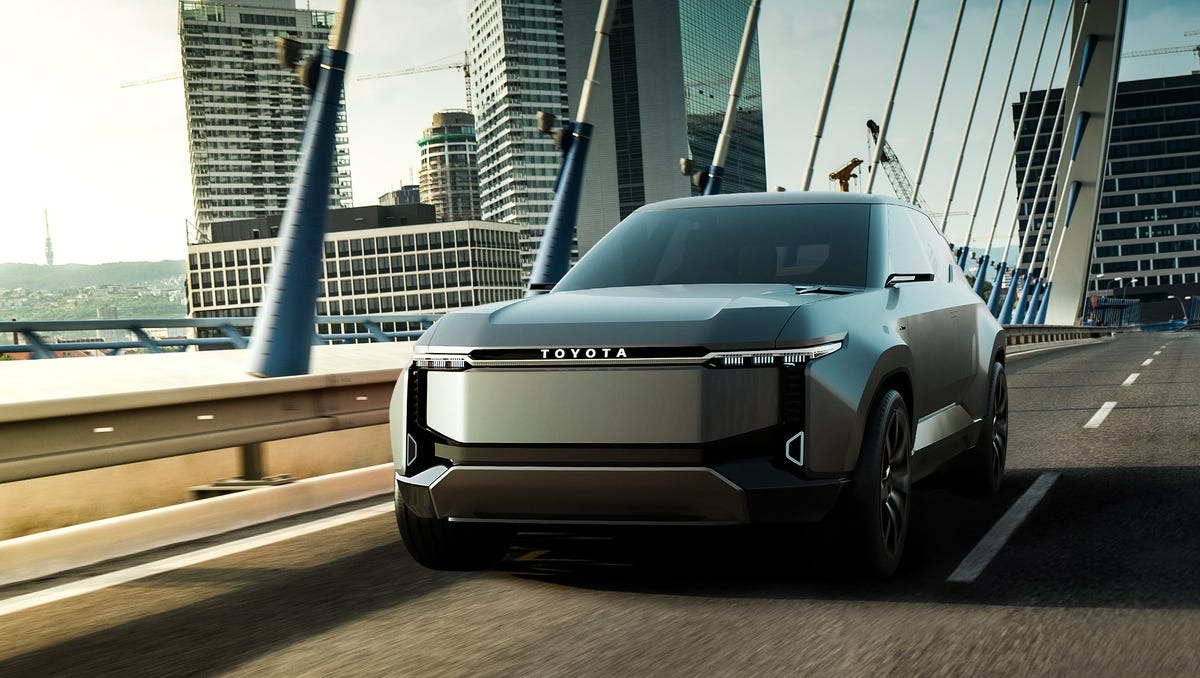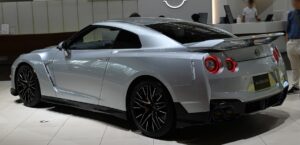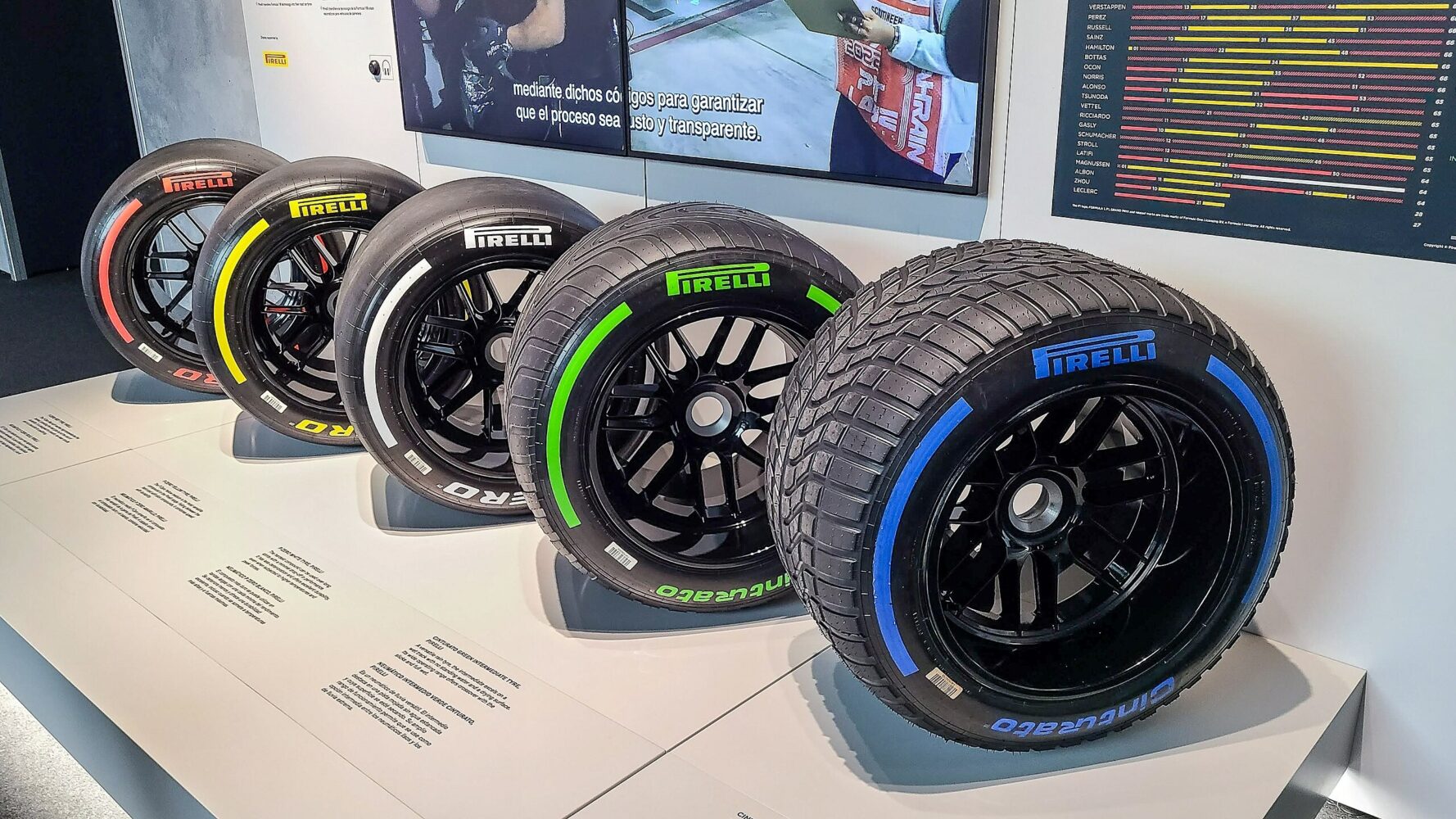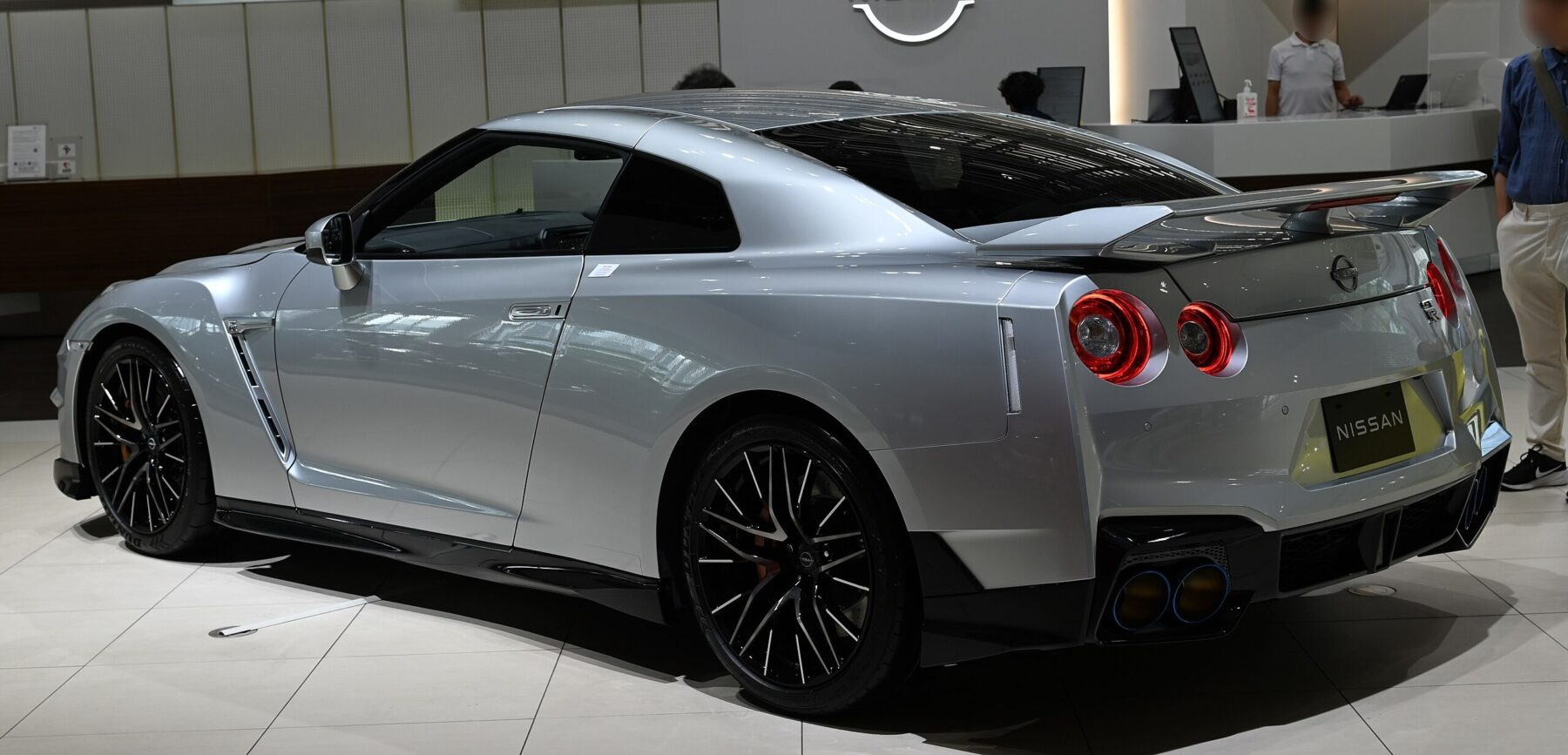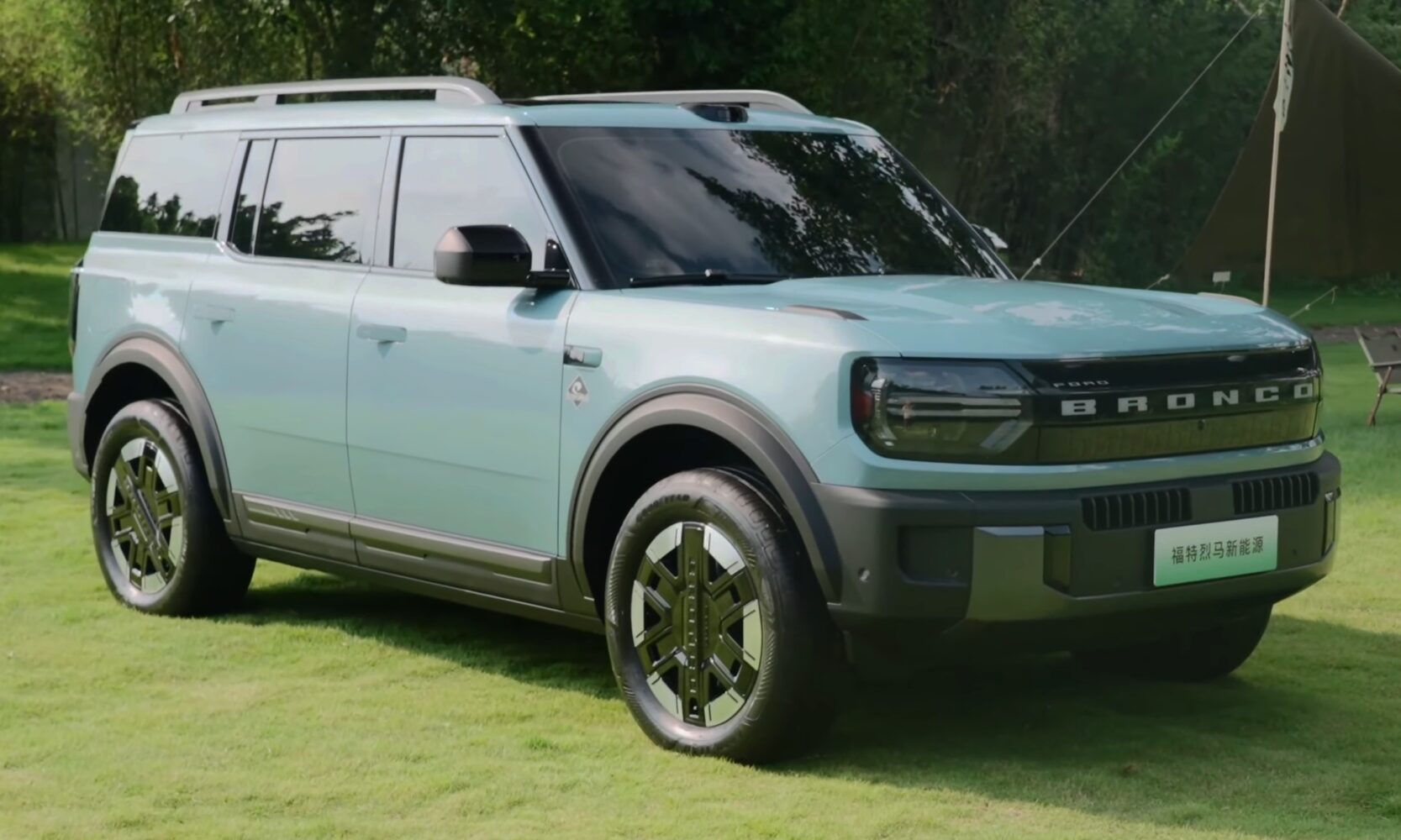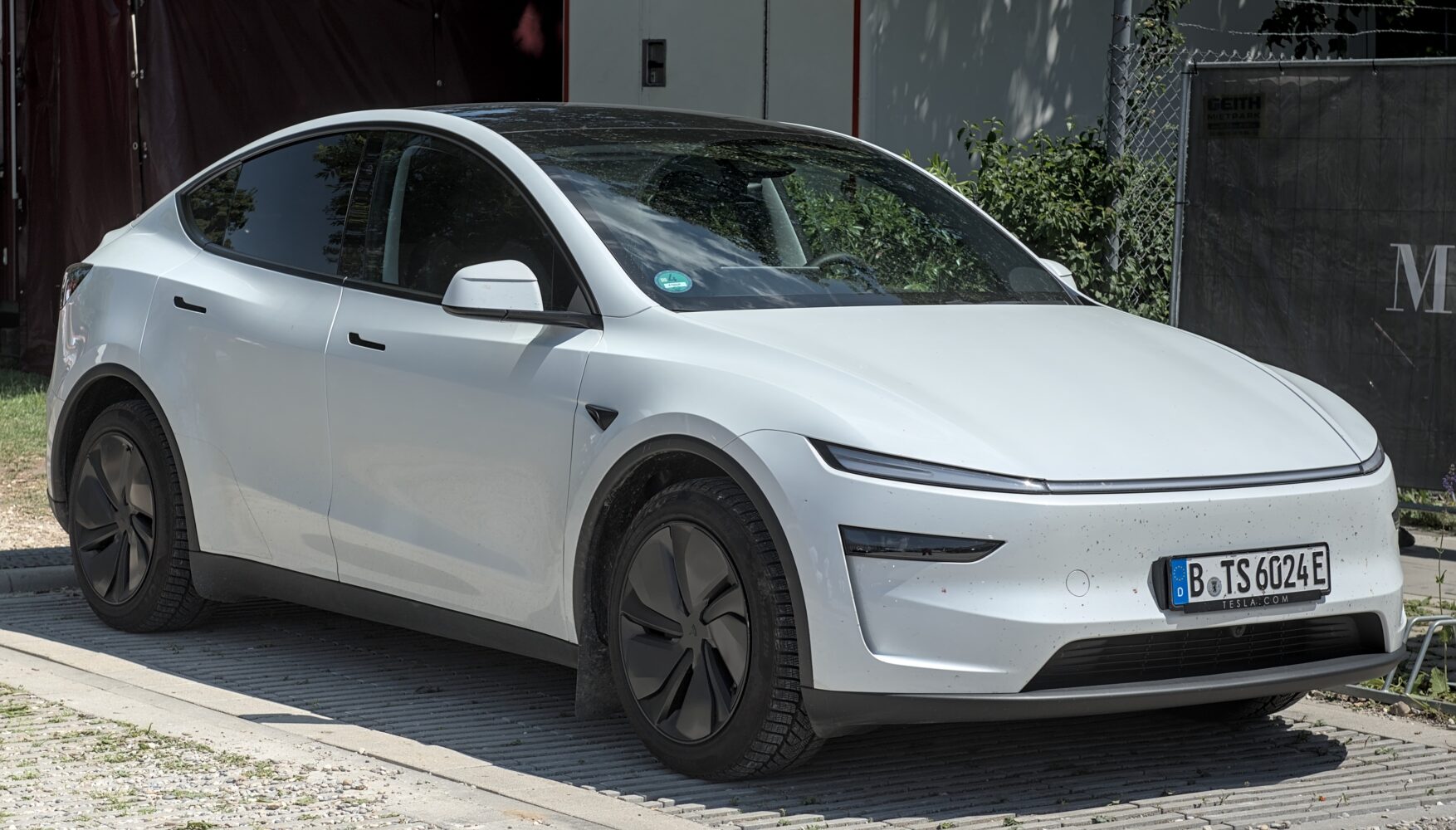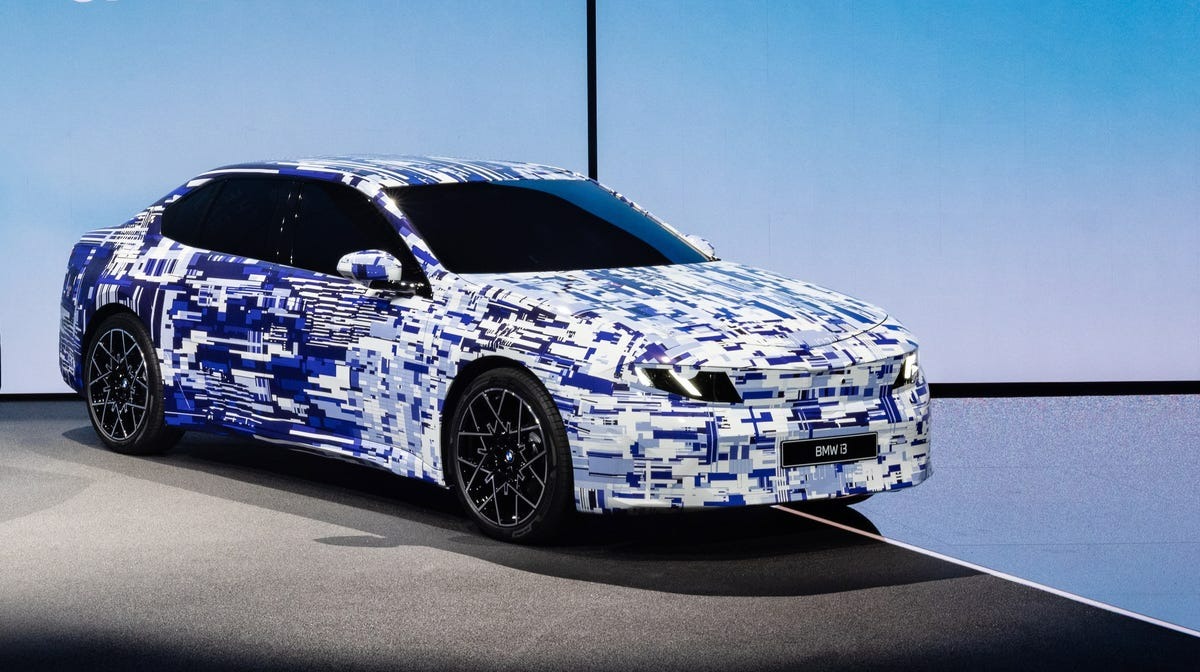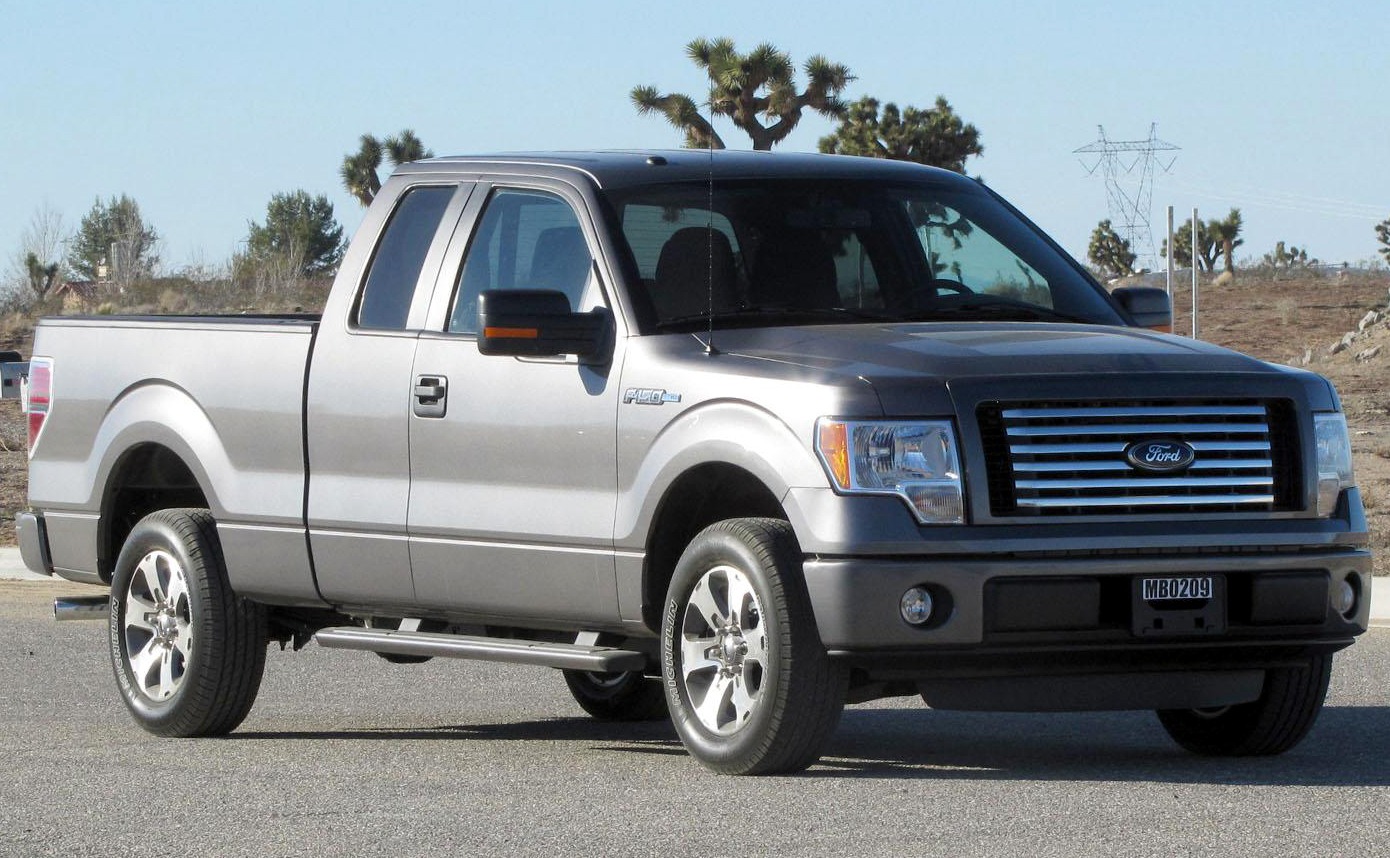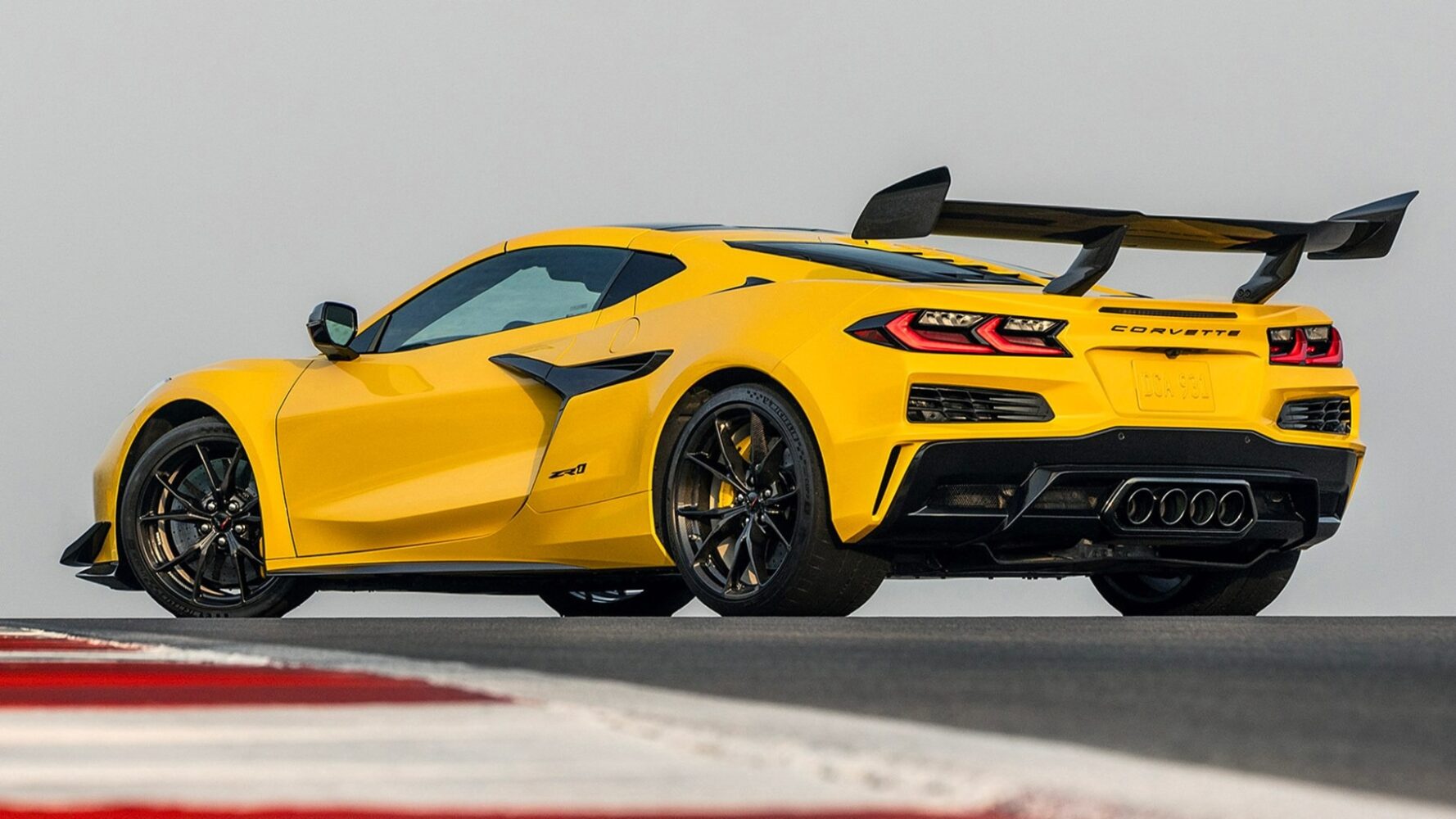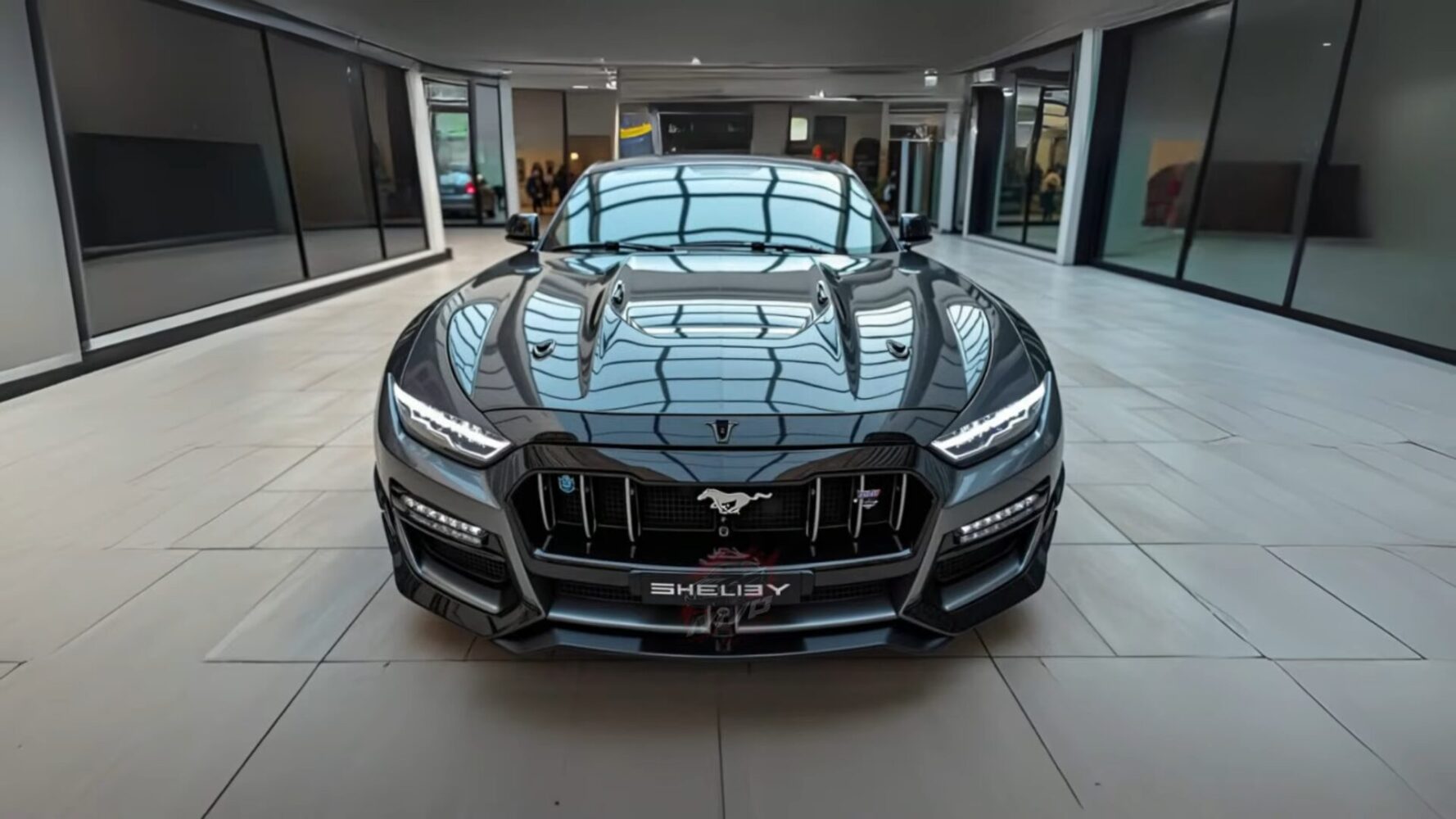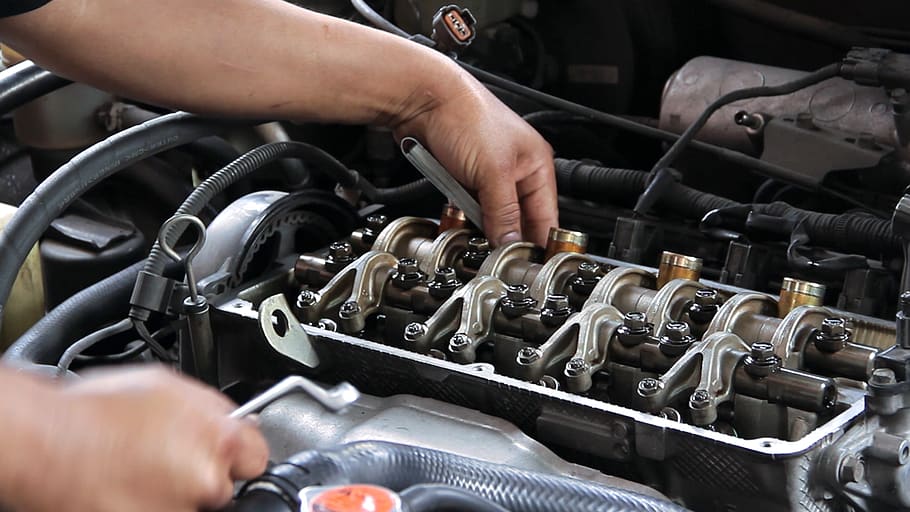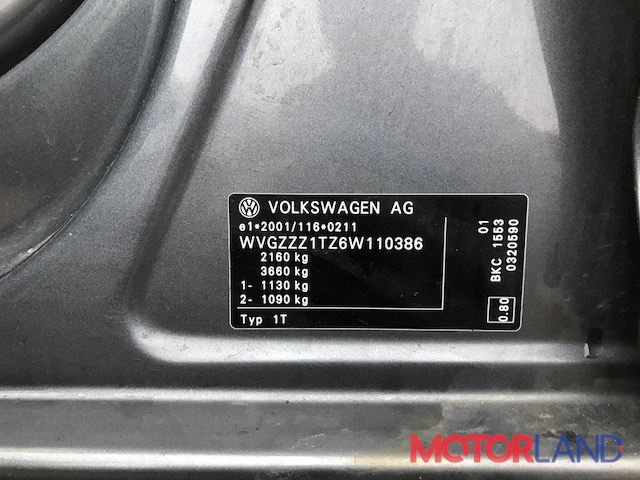American automotive manufacturing just shifted into a higher gear. Toyota’s $1.3 billion commitment transforms its Georgetown, Kentucky facility—the company’s largest factory globally—into an electric SUV powerhouse, ditching luxury sedan production for two three-row electric models that could reshape the brand’s American footprint.
Factory Floor Revolution
Kentucky plant trades Lexus elegance for electric utility as Toyota pivots toward family-sized EVs.
The Lexus ES sedan’s Kentucky production run ends by late 2025, making room for electric versions of the Land Cruiser and RAV4, according to Reuters and Nikkei reports. This isn’t just a model swap—it’s strategic repositioning.
While competitors scramble to electrify their lineups, Toyota is betting Americans want spacious, electric family haulers over premium sedans. The factory will add battery assembly capabilities supplied by Toyota Battery Manufacturing North Carolina, keeping the supply chain domestic and the jobs local.
Key Manufacturing Changes:
- $1.3 billion investment raises total plant investment to nearly $10 billion
- Two three-row electric SUVs replace Lexus ES sedan production
- New battery pack assembly line from North Carolina supplier
- Camry hybrid and RAV4 hybrid production continues unchanged
- 9,400 Kentucky jobs maintained through transition
Strategic Stakes Beyond Kentucky
Georgetown plant transformation signals Toyota’s serious commitment to American-made electric vehicles.
Toyota Kentucky President Kerry Creech emphasized continuity over disruption: “We will continue leading the charge into the future by remaining true to who we are as a company and putting our people first for generations to come.”
Governor Andy Beshear welcomed the sustained investment, noting Toyota’s role in maintaining “high-quality, well-paying jobs for our citizens.” This move represents more than factory retooling—it’s Toyota’s answer to critics who questioned their EV commitment.
The $17 billion the company has invested in U.S. electrification since 2021 now has tangible Kentucky products to show for it. Electric Land Cruiser and RAV4 models fill glaring gaps in Toyota’s American EV lineup, positioning the brand against Ford’s electric Bronco and GM’s upcoming electric SUVs.
These aren’t concept vehicles—they’re production-ready responses to American families choosing electric over gas for their next three-row purchase. Think of it as Toyota finally playing offense rather than defense in the EV game that’s been dominated by Tesla and newer players.
Expected by mid-2027, these Kentucky-built EVs could determine whether Toyota catches up in America’s electric transition or falls further behind more aggressive competitors.


